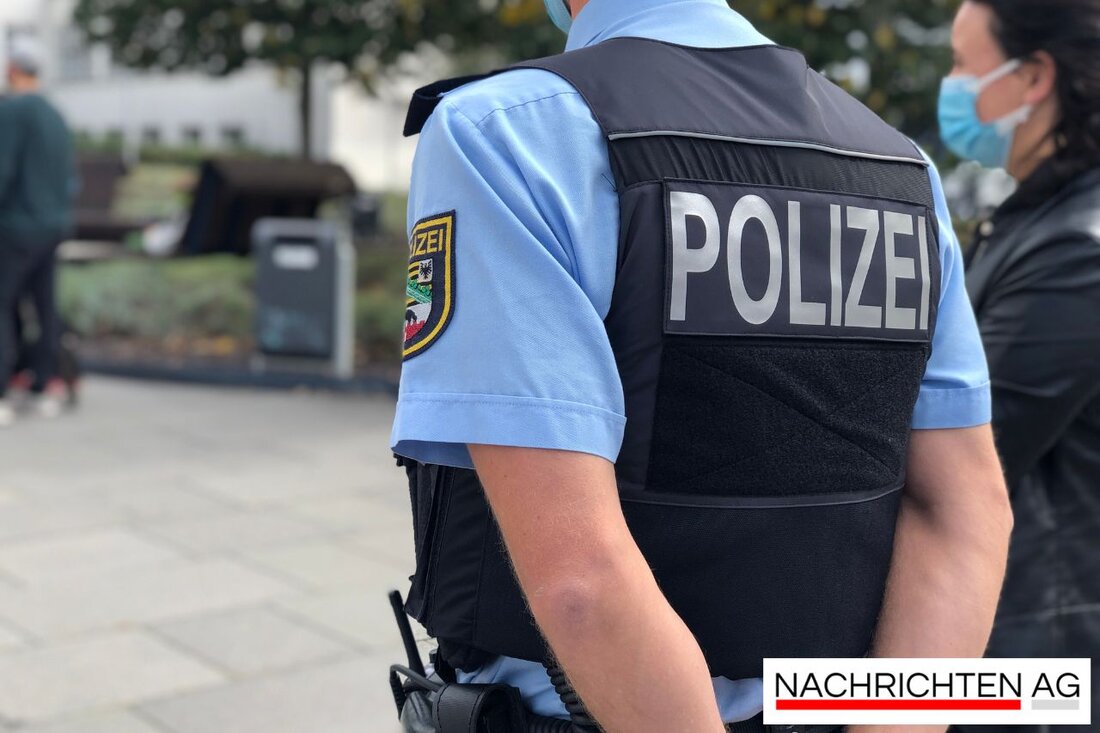Fare evasion in Dresden: controls are increasing – there is a risk of losing millions!
Fare evasion rate stable in Saale-Holzland district and Thuringia; Dresden and Magdeburg are recording an increase. Context and controls in public transport explained.

Fare evasion in Dresden: controls are increasing – there is a risk of losing millions!
The situation in local public transport is becoming increasingly critical. In central Germany, especially in cities like Dresden and Magdeburg, the fare evasion rate has risen to worrying levels. In 2025, Dresdner Verkehrsbetriebe AG (DVB) observed a doubling of the rate, which is now around 5%. This is a significant increase compared to the 2.5 to 3% recorded in previous years. These developments lead to a significant loss of income for transport companies. Extrapolated to 184 million passengers in 2022, this results in a loss for DVB of around three million euros annually, a sum that honest passengers ultimately have to bear in the form of rising ticket prices.
The Dresden transport company is reacting to these alarming figures with increased ticket controls. Regular unpredictable checks will take place from the end of June 2025, and the first major action is scheduled for June 24, 2025. Specially trained employees from the Götz security company will carry out the checks, supported by additional security forces or the police if necessary. French motto: “Every passenger should be checked on average once a quarter”. There are also controls on weekends and in the evenings to ensure that no one travels without a ticket with impunity.
Increased pressure on other cities
Similar developments can also be observed in other cities in central Germany. In Magdeburg, the fare evasion rate rose from around 3% to around 5%, while in Halle this year 14,300 passengers were caught without a ticket - a positive development when you look at the previous year with over 24,000 fare evaders. In Thuringia, on the other hand, there is a stable trend, even if the number of passengers increased. For example, in Erfurt, around 8,600 passengers were caught without a valid ticket by September 30, 2023.
Despite this stability, the damage caused by fare evasion in Thuringia is still a significant 446,000 euros for the current year, which continues to put pressure on public transport companies to take measures to combat abuse. In Jena and the Saale-Holzland district, 3,100 fare evaders were registered, while in Weimar the number of passengers without a valid ticket has also increased. This shows that a general rethink and stricter controls are necessary to maintain income.
An appeal for consideration
At the national level, fare evasion is considered a criminal offense and not a trivial offense. The statistics show that the Federal Police registered around 8,400 travelers without a valid ticket in Central Germany from January to September 2023, an increase compared to previous years. One can only hope that the more intensive controls by the transport companies will bring about a rethink and that the ticket quota can be returned to an acceptable level.

 Suche
Suche
 Mein Konto
Mein Konto